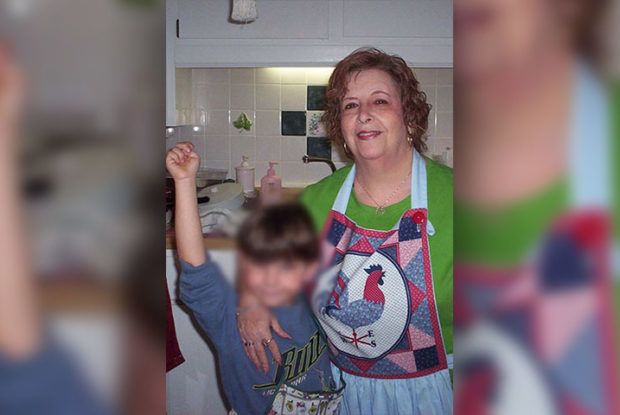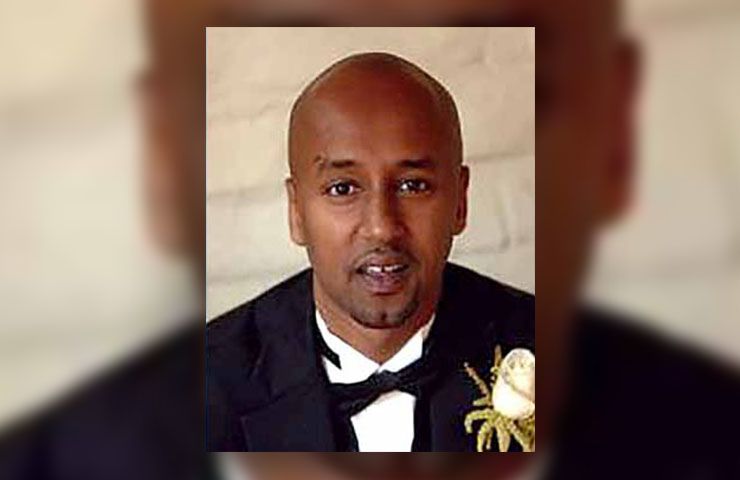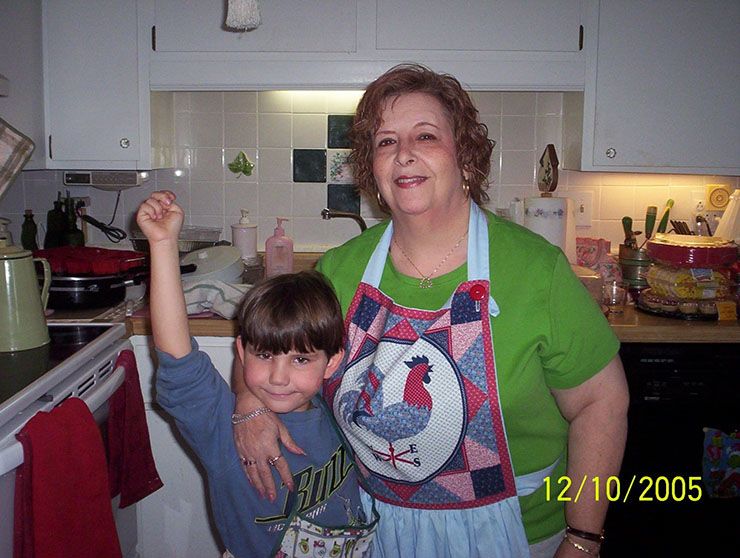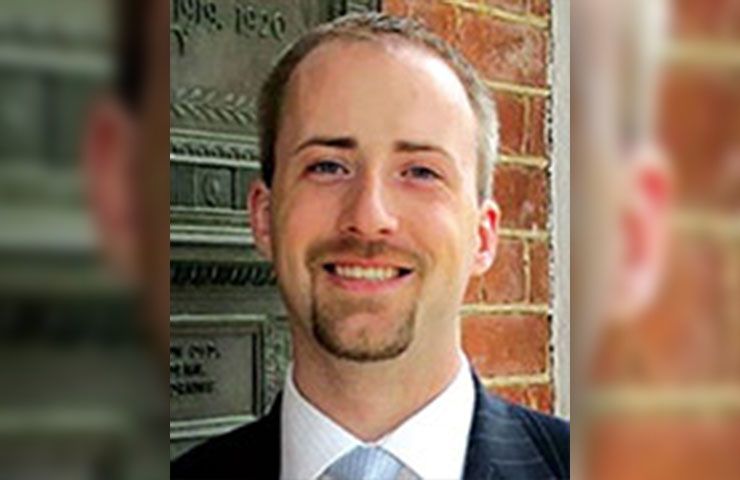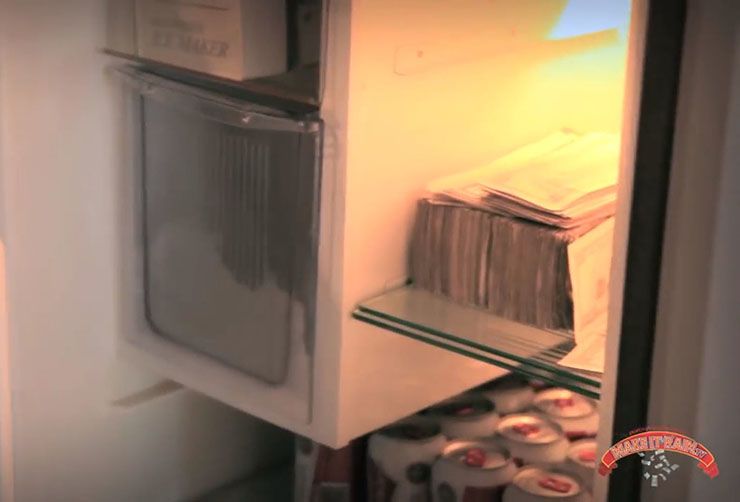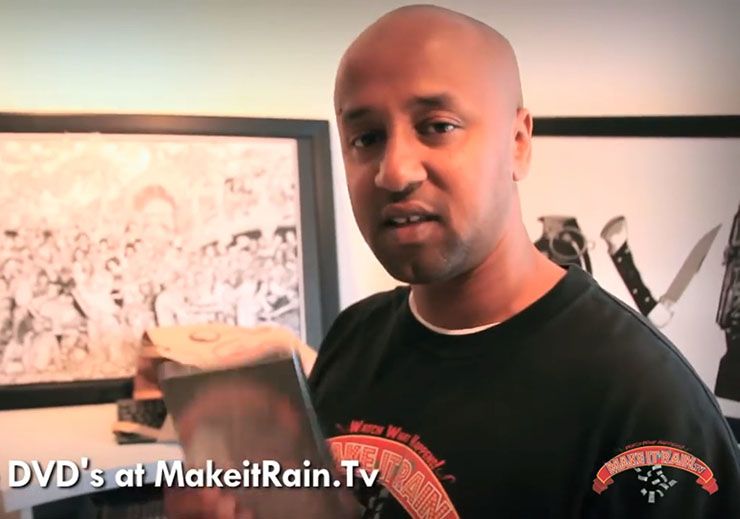Standing at just 4 feet, 10 inches tall, Barbara Barkley designed her Chesapeake, Virginia, home with just herself in mind. She arranged for all the counters and handles to be lowered for convenience, despite being told it could affect the resale value of her property.
“I planned to live there until I died,” said the 68 year old. And until recently, everything was going according to that plan…
Mortgage Modifications
The scam all began under the Obama administration when a program was set up to stem the fallout from the housing crisis at the time. A man called Sammy Araya from Santa Ana, along with a group of friends, started sending out mailers and internet adverts claiming to be able to help with “mortgage modifications.” The program itself was real, but Araya’s ads were not.
Trial Payments
The scam involved trying to get homeowners to send cash “reinstatement” fees and then “trial payments” on a monthly basis for new mortgages under preferential terms. They were told that their money would go to the lender but instead, they pocketed it. The group of scammers extracted in the order of $11 million in total from their unwitting victims; most of whom were elderly and already drawing a pension.
Lost Everything
While the ringleader of the gang already faced a federal court in Alexandria, Barkley and thousands of other victims have suffered life-changing losses. “I literally lost everything because of these people, and it’s breaking my heart,” said Barkley, according to a Los Angeles Times report. “I paid for it all myself, didn’t have a man to pay for it for me, and then some stranger gets to destroy it.”
Ignoring Calls
Barkley recalls how she frantically tried to get Araya on the phone when she realized something was going on with her payments. The poor woman only found out she was in trouble when a man on a motorbike came to paste a notice from her mortgage lender on her door to warn her of foreclosure. The company claimed they had forwarded her monthly checks as promised but that was a complete lie.
Sending Proof
Barkley was desperate to prove to her lender that she had made payments via the company and hadn’t even missed one. “I sent them the proof, and they said, ‘That’s not us,'” she recalled. “I called the [Federal Trade Commission], and they said, ‘Honey, you’ve been scammed.'” Those four words from the Commission sent Barkley into a downward spiral, and she was unsure how to get out of it.
No Recourse
Representatives from government agencies informed Barkley that she had no meaningful recourse and that her lender would no longer work with her. That custom-fit home she had plunged her life savings into was gone, and she had no way of getting it back. The group specially targeted vulnerable people and Barkley simply got caught up in the web of deceit without her knowledge.
Staggering Scam
When it came time for the trial, Assistant US Attorney Ryan Faulconer said to the court about Araya: “He was targeting people who were first off incredibly vulnerable, and second, incredibly trusting,” adding that the number of victims “wouldn’t fit in this courtroom or probably all of the courtrooms in this building … it’s staggering.” People from across America were targeted and defrauded out of millions of dollars.
Many Victims
As well as Barkley, many other people lost their homes and life savings, and ended up in terrible situations they couldn’t get out of. One couple who were scammed ended up getting divorced from the stress of losing their home. Another victim was made homeless and had to put her daughter in a pediatric psychiatric unit to deal with what she had just been through.
Reducing Payments
Another victim of the scam, Aaron Davis, was looking at the time to reduce repayments on his Woodbridge home. He was already behind on the mortgage, and his basement had been flooded, so he needed cash. At the age of 64, Davis had no choice but to invest all his money into the repairs. His house was unceremoniously repossessed with his belongings inside.
Needing Money
Davis and his ex-wife were shocked that they lost their home. The fact that they jointly care for their 28-year-old daughter who has brain cancer made their circumstance even worse. “I could’ve used that money,” Davis said. He noted that if he ever got paid back, “I’ll probably be senile. I’ll think I won the lottery.” Meanwhile, the scammers were living the high life on the money they had stolen.
Fast Lane
For his part, Araya was living life in the fast lane according to testimony. He frequented strip clubs and threw massive parties at his leased mansion in Orange County. He even took to YouTube to launch an online reality show he called “MakeItRain TV.” In one video, Araya is seen showing off stacks of cash in his refrigerator as well as a fleet of luxury cars and an extensive sneaker collection.`
Make it Rain
The whole premise of the TV show involved throwing handfuls of cash into crowds of people. In one episode, Araya performs a parody of Rebecca Black’s “Friday” called “Fly Day.” The series never took off in any real way, but it was used as evidence against Araya and his cohorts when they faced trial for their crimes.
Offering Incentives
Araya set the scam up properly and even incentivized his colleagues with fancy dinners and Los Angeles Lakers tickets when they successfully scammed large amounts of money from people. He told them all to use aliases regularly and to change their accents when necessary. Araya himself is a master of accents and went by numerous different names.
Moving In
As soon as Araya sensed that law enforcement was closing in on him and his team he moved offices and even changed his business name. His team destroyed hard drives and computers, and it was reported that Araya used a federal complaint paper he had received to roll a joint. Now it was time for search warrants to be executed.
Winding Down
At one point after searches had been carried out, the operation ground to a halt. Araya wasn’t even arrested at that time and went on to start spearheading a fresh scam, involving taking hundreds of thousands of dollars from Texas businessmen toting a fake oil investment opportunity. Before long though, Araya was arrested and that scam never took off.
Pleading Guilty
When it came to trial, Araya and nine co-conspirators pleaded guilty to the mortgage scam they had been involved in. Prosecutors wanted Araya to serve a life sentence for his crimes, but on the day his trial was supposed to start, Araya set up a GoFundMe page asking for money to start a church. The slogan he chose was apt though as it read, “Give ’til it hurts.”
Most Vulnerable
Pensioners and those over 65 are considered to be the fastest growing demographic in the United States, as well as the most vulnerable to financial schemes. While the scammers present themselves as financial advisors, their scams often have devastating and life-changing effects on their victims. Many of these people suffer from health issues like dementia, making scamming them all the easier.
Elder Abuse
In the United States, a staggering $6.2 billion is lost every year due to what’s called “elder abuse.” While more than 90 percent of these incidents occur within the victim’s home, the most common scams for the elderly are done on the phone or by mail. But the scams aren’t limited to mortgage fraud and often include claims of winning foreign lotteries or sweepstakes.
Staying Safe
The main way these scammer work, as in the case of Barbara Barkley, is to establish trust with the victim, usually during a phone call. The best way to protect oneself is to never reveal your bank account details to anyone. For that matter, it’s important not to let strangers into the home or to allow them to gather any information on you or your assets.
Jail Time
While Araya and his team thought they would get away with their crimes scot-free, nothing could be further from the truth. The prosecutor’s target of a life sentence for Araya wasn’t realistic, and he ended up being sentenced by a federal court in Alexandria to 20 years in prison. His colleagues received prison sentences too, ranging from five to 18 years.
